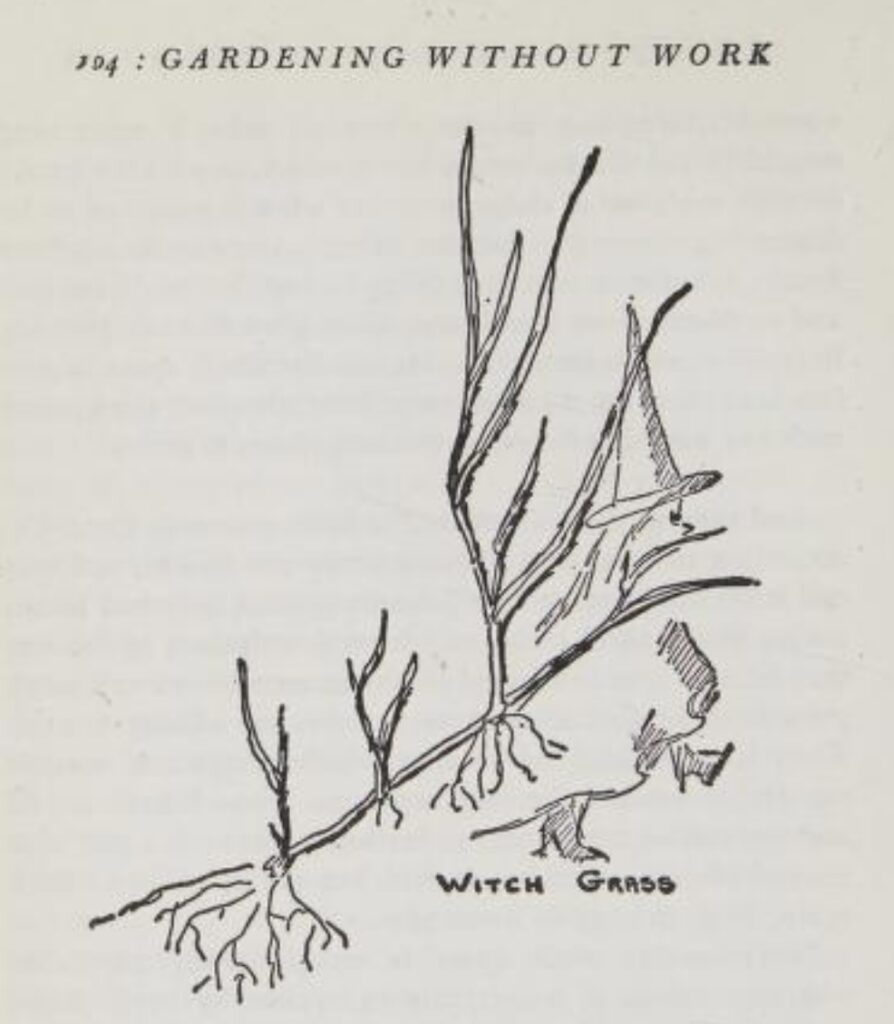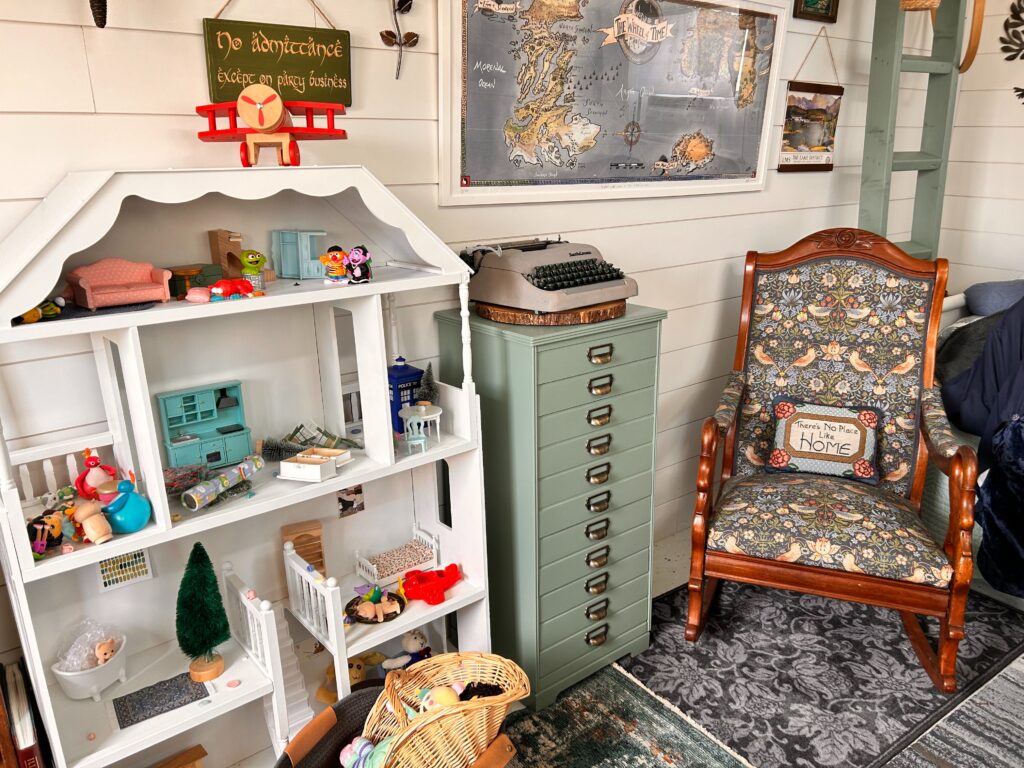
I finally finished the physical mood board for my work in progress.
Here’s a timelapse.
You can see earlier timelapse videos here.
My virtual commonplace book & cabinet of curiosities.
Or, if you prefer, a microblog.
You can follow via RSS or Bluesky.


I finally finished the physical mood board for my work in progress.
Here’s a timelapse.
You can see earlier timelapse videos here.
“The simple act [of crafting] seemed to push back the gloom. There had been a shadow [on them] lately. As if he couldn’t stand in the Light no matter how he tried. He woke each morning feeling as if someone he loved had died the day before… it could crush you, that despair. But the act of creating something, anything, fought back. That was one way to challenge him. The one none of them spoke of.”
A Memory of Light, The Wheel of Time
via Mel

Meet our new tree, Loial.
I was unmoored after the last episode and wandered around the garden centers until I came home with this fig tree. We planted it in honor of Brother Book.
Your name sings in our ears @hammedhamz. Thank you for bringing this beloved character to life. His spirit will live on in our garden and perhaps one day bear figs. 🍃
“What are we doing with all these links, anyway? We’re weaving the web tighter. Making introductions. Maintaining provenance. It’s meaningful, especially now, as AI systems work in the opposite direction: denaturing the links, melting down the chains of connection.”
I’ve been using Gmail for 20 years, but with their recent launch of AI and recent political leanings I am disentangling from Google products and creating a new digital ecosystem.
This will take time, but every shift I make gives them less data to mine and less power.

This January I switched from Google to Fastmail and I haven’t looked back.
It’s not free, but this is because they aren’t data mining your email. You pay a reasonable price and they provide a good service.
That price includes using your own domain name (if you have a website) and you can set up multiple email alias.
For exmaple:
I’ve set up alias that are automatically sorted into folders and I am loving it.
Changing your email address is also a chance to start fresh and only subscribe to what you truly want to read. Leave those spam emails behind!
I’m an affiliate so if you sign up here a percentage of what you pay will come to me. (As thanks for referring you.)
If you have any questions drop me a line and let me know!
“No matter your gender identity, friends, I invite you to put on a pair of wraparound goggles and keep noticing how gender limits or privileges you.”
Keith Aron via A. Wilder

Gardening Without Work: for the aging, the busy and the indolent by Ruth Stout
(Read for free on Internet Archive)

A little rearrange brought my heirloom rocker out to the studio. Mom and I recovered this in William Morris’ Strawberry Thief when I was expecting.

I’ve exhibited my work across the country, but this is the first time I’ve been able to attend and see my art in a gallery setting. Thanks to Local Color Studio for including me in this group exhibition.
You can see more photos of The Mental Load here.